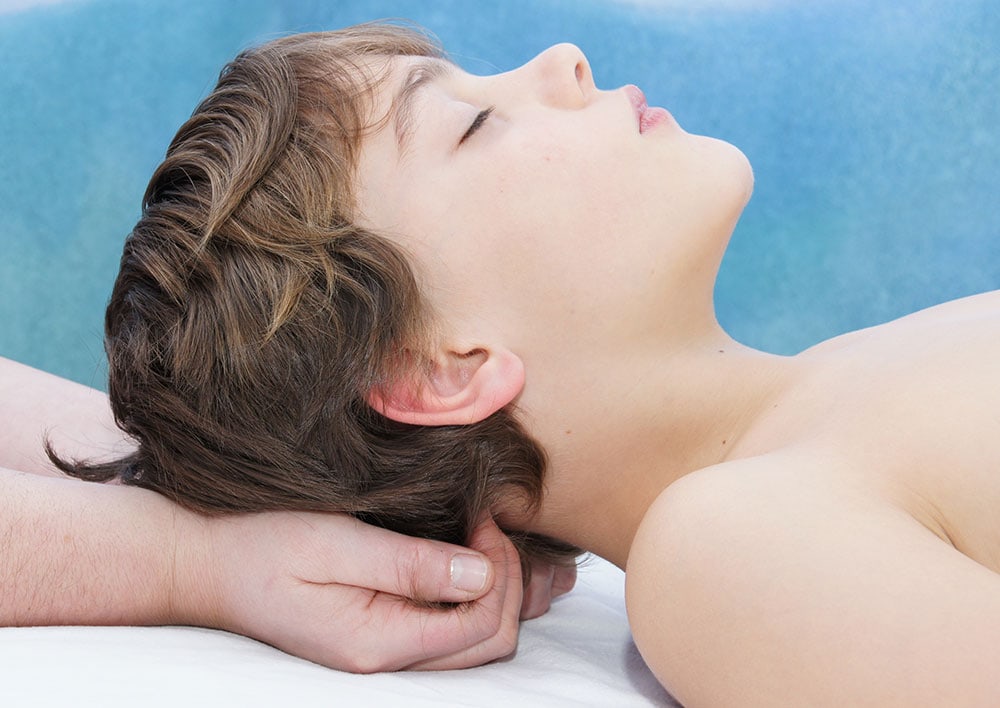How craniosacral therapy can help reduce a child's stress

For most parents, raising calm, thoughtful and mindful children in today’s technology-obsessed society is a real challenge. Everything seems rushed and children don’t have the time or space they need to really slow down and enjoy life. Rushing from school to extra-curricular activities, then going home and doing homework can all lead to stress, which manifests itself in an inability to get to sleep, irritability and, in some cases, disruptive behaviour. The number of children diagnosed with ADHD or related conditions each year is on the rise, but that is hardly surprising.
As adults, we know how easy it is to become stressed with the pressures of everyday life. Add to that the social challenges of growing up and increased pressure on kids to perform well at school, and you have a recipe for disaster.
One way to help your child take control over their lives is by teaching them mindfulness, a view shared by many education practitioners across the UK. September this year saw a debate in Westminster about bringing mindfulness teaching into schools, but for many children, just engaging with a mindfulness session is a challenge.
There are many kids who find it hard to let things go. Craniosacral therapy can provide tools for those struggling to cope with growing up. A craniosacral therapy session is carried out fully clothed and the child is always asked for permission before anything happens to them, giving the child control in a world where it is easy to feel they have none. By connecting and focussing on the processes going on inside the mind and body of the child, the practitioner can provide them with the tools needed to calm down and let go of stress. Once a child can recognise when they are beginning to feel the effects of stress, they can then use those tools to calm down and take control of their reaction.
For many parents struggling to cope with challenging behaviour, this can be a chance to connect with the child and help them realise that they are in control of how they react to situations.

